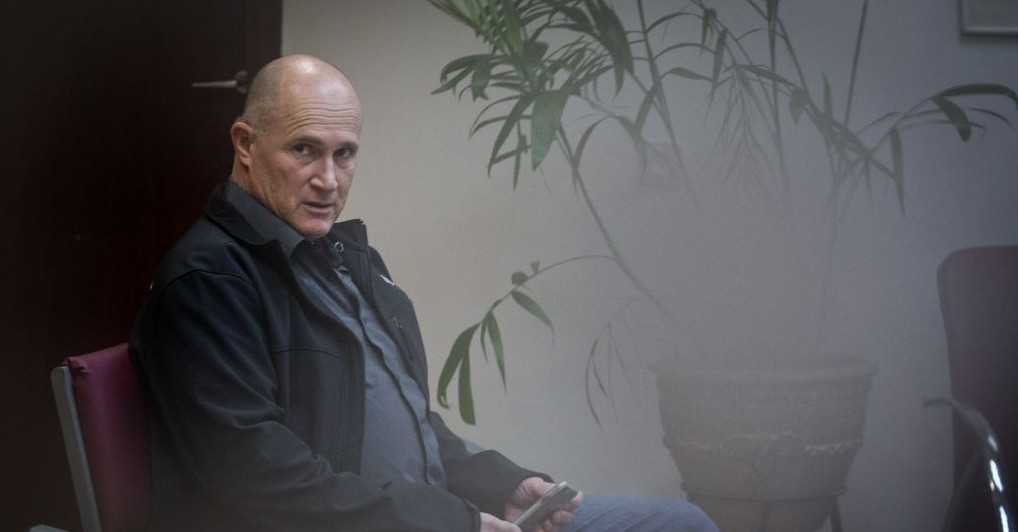This material belongs to: The Times of Israel.
Roni Rittman steps down as head of Lahav 433 months after High Court calls on commissioner to rethink his reinstatement.
The head of the Israel Police’s Lahav 433 anti-corruption unit resigned from his position on Tuesday, months after the High court of Justice slammed his reinstatement to the force despite the allegations of sexual harassment against him.
Maj. Gen. Roni Rittman told Israel Police Commissioner Roni Alsheich in a letter that he “would finish his term as soon as possible,” but said he would continue working for the police “in any role that suits my skills and experience.”
Rittman, 53, was accused of two instances of sexual harassment in 2011, including kissing a female subordinate against her will. He had denied the allegations and said that a senior officer in the Israel Police’s intelligence unit was trying to frame him. In 2015, during the course of the investigation, Rittman was put on mandatory leave.
No indictment was ever filed against Rittman due to “evidentiary issues,” and he was cleared of all wrongdoing.
Following a brief suspension, Alsheich later that year appointed him head of Lahav 433, the anti-corruption unit currently investigating Prime Minister Benjamin Netanyahu and former coalition chairman David Bitan.
After his appointment, one complainant petitioned the High Court of Justice, saying that Rittman was not fit to serve in such a senior position in light of the allegations against him.
In a November 2017 ruling, three High Court justices stopped short of calling for Rittman to be fired, but they unanimously ruled that Alsheich’s decision to reinstate him in 2015 “did not give proper and reasonable weight to the existing evidence regarding the officer’s complaint [against Rittman]” and “could not stand.”
However, the justices said that Alsheich had the right to choose the administrative measures that were “appropriate given the circumstances,” and urged the police chief to take further disciplinary actions against Rittman.
The past few years have seen a string of sexual misconduct cases involving top police officers, many of whom were forced to retire due to the allegations against them. In all, about half of the Israel Police’s major generals — the highest rank below that of commissioner — have been accused of such abuse, and many of them have stepped down.


